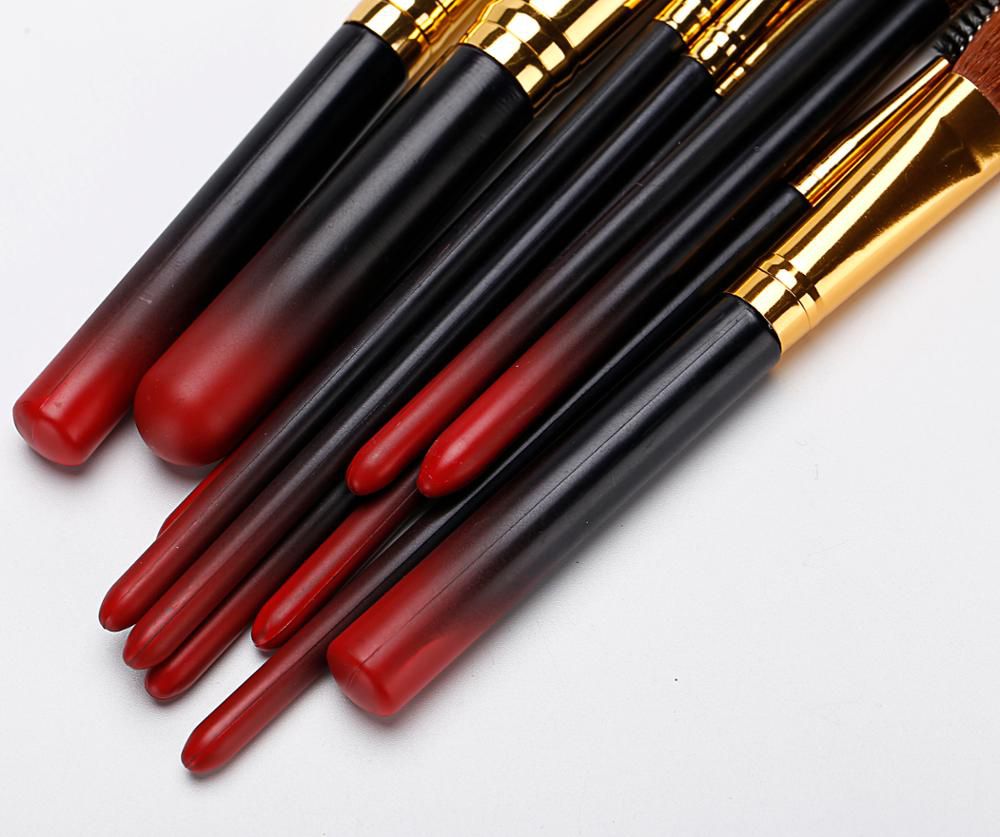Industry news
Malaysia’s Cosmetic Brush Industry Grows: Local Palm Fiber Bristles Replace Imported Materials
- 870 Views
- 2025-10-19 01:31:31
Malaysia’s Cosmetic Brush Industry Grows: Palm Fiber Bristles Replace Imported Materials
Malaysia’s cosmetic brush industry is experiencing a notable upswing, driven by a strategic shift toward local materials—specifically, palm fiber bristles replacing traditionally imported alternatives. As the world’s largest palm oil producer, Malaysia is leveraging its abundant palm resources to carve a niche in the global beauty market, blending sustainability, cost efficiency, and innovation.

For decades, Malaysian cosmetic brush manufacturers relied heavily on imported materials like nylon, polyester, and even animal-derived bristles. These imports came with high costs, supply chain vulnerabilities, and growing scrutiny over environmental impact. Today, the tide is turning. Palm fiber, once overlooked as a byproduct of palm oil processing, is emerging as a game-changer. Malaysia’s palm plantations cover over 5.8 million hectares, generating vast quantities of fibrous waste from fronds and stems—waste now repurposed into high-quality brush bristles.
The appeal of palm fiber lies in its unique blend of sustainability and performance. Unlike synthetic imports, palm fiber is biodegradable, aligning with the global “green beauty” movement that 62% of consumers prioritize, according to a 2023 Mintel report. It also offers natural softness and elasticity, traits once exclusive to premium imported materials. “Palm fiber bristles hold powder evenly, resist shedding, and feel gentle on skin—on par with expensive nylon variants,” notes Dr. Aisha Rahman, a materials scientist at the University of Malaya who specializes in bio-based textiles.
Technological breakthroughs have been pivotal. Early palm fiber was too coarse for cosmetic use, but local R&D—supported by government grants under Malaysia’s National Biomass Strategy—has transformed it. Enzymatic treatments break down tough fibers, while heat-pressing techniques enhance flexibility. These innovations have made palm fiber bristles suitable for everything from powder brushes to precision eyeliner tools.
Policy support has accelerated adoption. Malaysia’s Ministry of International Trade and Industry offers tax breaks to manufacturers using >50% local materials, and MATRADE (Malaysia External Trade Development Corporation) promotes palm fiber brushes at global trade fairs like Cosmoprof. The results are tangible: industry exports rose 17% in 2023, with palm fiber-based products accounting for 35% of total shipments, up from 8% in 2019.
Local manufacturers are thriving. SME EcoBeauty Tools, which switched to palm fiber in 2021, reports a 200% increase in orders from Europe and Australia. “Brands love that our brushes are eco-friendly and cost 20-30% less than imported options,” says founder Lim Wei Jie. Larger firms like BeautyGlo Malaysia now export palm fiber brushes to 12 countries, with plans to enter the U.S. market in 2024.
This shift also strengthens domestic supply chains. Palm fiber processing plants in Johor and Selangor have created 1,500+ jobs, particularly in rural areas. “We’re turning waste into wealth,” says Datuk Seri Wong, CEO of the Malaysian Palm Oil Board. “From plantation workers to brush artisans, the entire value chain benefits.”
Challenges remain, such as scaling production to meet global demand and educating international buyers on palm fiber’s quality. However, with ongoing R&D—including trials to blend palm fiber with recycled plastics for hybrid bristles—and the rising global focus on sustainability, Malaysia’s cosmetic brush industry is poised to become a leader in ethical beauty manufacturing.
In essence, palm fiber isn’t just replacing imports; it’s redefining Malaysia’s role in the beauty supply chain—one sustainable brush stroke at a time.











